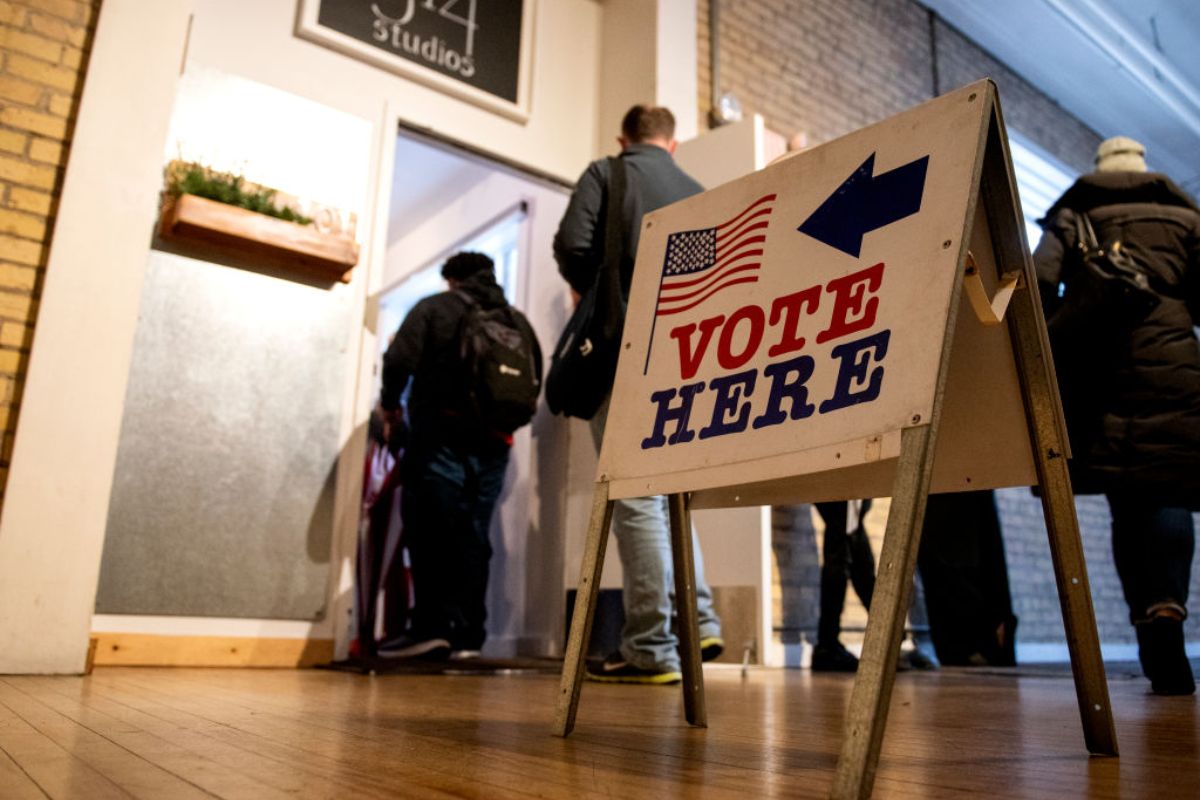Civil Rights Groups Sue Alabama Over Law: Civil rights groups have initiated legal action against Alabama over a new voting law, focused on absentee ballots. The lawsuit challenges the law’s constitutionality, alleging it suppresses voters’ rights, particularly impacting marginalized communities. Critics point out the law’s severe penalties on absentee ballot activities, raising concerns about voter assistance and accessibility.
The League of Women Voters of Alabama and NAACP question the law’s compliance with constitutional amendments. This legal conflict highlights the significant implications for voter participation and democratic principles in Alabama. Learn more about the controversy surrounding the law and its potential ramifications.
Lawsuit Challenges Alabama’s New Voting Law
The lawsuit challenging Alabama’s new voting law, which criminalizes certain forms of absentee voting assistance, was filed by a coalition of civil rights organizations in the U.S. District Court for the Northern District of Alabama. This legal action, brought forth on Thursday, aims to contest the constitutionality of the law and its potential impact on voter rights. The plaintiffs argue that the law constitutes a form of voter suppression and violates fundamental rights protected under the U.S. Constitution.
At the core of the lawsuit is the contention that the new voting law disproportionately affects marginalized communities, including Black and minority voters, who may face additional barriers to exercising their right to vote.
By criminalizing certain types of assistance with absentee voting, such as helping individuals with disabilities or those with limited English proficiency to fill out their ballots, the law could effectively disenfranchise vulnerable populations. The coalition of civil rights organizations seeks to have the law overturned to guarantee equal access to the voting process for all eligible citizens.
Controversy Surrounding SB 1 and its Implications
Controversy looms over SB 1 as stakeholders scrutinize its potential ramifications on voter assistance and participation in Alabama’s electoral processes.
The law, signed by Governor Kay Ivey on March 20 and sponsored by Sen. Garlan Gudger, R-Cullman, introduces stringent penalties, including felony charges, for activities related to absentee ballot applications. Critics fear that these provisions could discourage volunteers from assisting voters, especially those with disabilities, and may result in unjust prosecutions for innocuous actions.
Organizations like the League of Women Voters of Alabama and the NAACP, who are among the plaintiffs in the lawsuit, argue that SB 1 infringes upon constitutional amendments and voting rights laws. They emphasize the law’s possible consequences on political expression and voter accessibility, particularly within historically marginalized communities.
The controversy surrounding SB 1 underscores the delicate balance between election integrity and ensuring equitable participation in the democratic process, raising important questions about the law’s potential impact on Alabama’s voting landscape.
Response and Legal Challenges
How are legal advocacy groups and officials from the Secretary of State’s office responding to the lawsuit challenging the constitutionality of SB 1 in Alabama?
Officials from the Secretary of State’s office have reiterated their commitment to ensuring fair elections without delving into the specifics of the lawsuit. Senator Gudger, while welcoming judicial review of the law, has raised concerns about the utilization of taxpayer funds in its defense.
On the other side, a coalition of legal advocacy groups supporting the lawsuit aims to challenge SB 1’s constitutionality and safeguard voting rights. These groups emphasize the significance of upholding democratic principles and preventing any measures that could impede voter participation and civic engagement.
The response from both sides signals a brewing legal battle over the controversial law, with each party standing firm on their positions regarding the implications of SB 1 on the electoral process and fundamental rights.
News in Brief
The lawsuit filed by civil rights groups against Alabama’s new voting law, SB 1, highlights the contentious nature of legislation targeting absentee ballots.
The legal challenges and controversy surrounding the law underscore the importance of protecting voting rights and ensuring fair and equal access to the electoral process.
This case raises critical questions about the balance between election integrity and disenfranchisement, and the outcome will have significant implications for future voting rights legislation.
ALSO READ: Advocacy groups sue state over Alabama voting law

